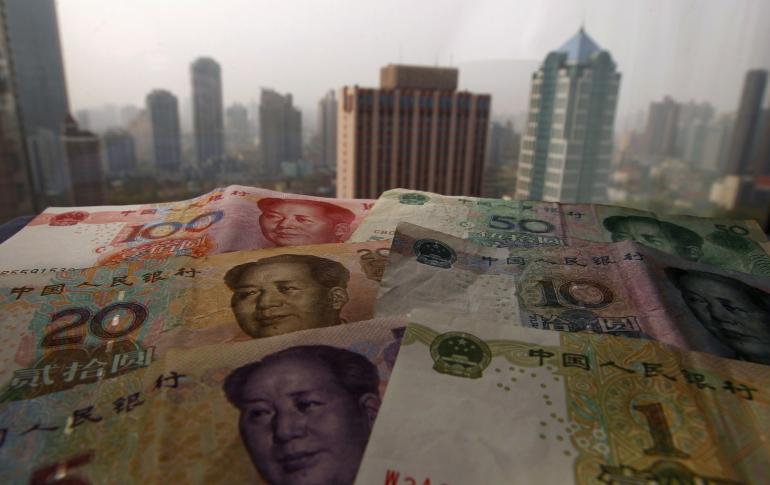China -- Our Economic Partner, Not Fearful Foe
China has surpassed the United States as the world's largest economy in terms of purchasing power parity. By Reed Szymanski
The United States has long been regarded as the world's most powerful country. We have had the largest economy and the strongest military since the fall of the Soviet Union. But that is changing as developing countries around the world are beginning to catch up to the United States. Recent reports that examine a measure known as Purchasing Power Parity, or PPP, indicate that China has surpassed the United States as the world's largest economy and India has passed Japan as the third largest economy.
This is rather shocking news considering that most estimates expect that China will not overtake the United States in terms of raw Gross Domestic Product, among other measures, until at least 2019. Not to worry though -- the U.S economy is still larger than China's by nearly all other measures. In fact, PPP is similar to GDP in that it can also be rather misleading. When exchange-rate measures are used rather than PPP measures, the United States is still more than twice the size of China economically.
But what about five years from now? Should we be concerned that China might overtake the U.S. as the world’s top economy? Though some think we should be concerned, I disagree. I, along with many others, believe that China’s growth is a good thing and that we should not be concerned that China will likely surpass the U.S. as the world’s largest economy.
China's growth is good for the United States for a variety of reasons. First off, the U.S has been running a trade deficit with China for over 12 years. As China grows, its currency will appreciate; and as it appreciates, the competitiveness of U.S goods in Chinese markets will increase. Eventually, equilibrium will be reached and United States producers may actually benefit in the long run from open access to newly enriched Chinese consumers. But access to largely populated markets is not the only benefit that could be gained from Chinese economic growth.
A more important benefit the U.S might gain is the benefit of greater monetary autonomy. Being the largest economy has its costs because oftentimes the currency of the world's top economic power serves as an anchor, or quasi-global currency, for the rest of the world. By having the strongest economy, and thus the most stable bonds, other countries tend to want to invest highly.
A perfect example of the costs imposed on the world’s top economy can be seen with what is known as a “dollar glut.” Under the post-WWII economic system designed at the Bretton Woods conference in 1944, the dollar served as a supplement for gold in the international market, and the U.S dollar was essentially a global currency. This had horrific effects on the ability of the Federal Reserve to practice effective macroeconomic policy. If, or when, China overtakes the U.S as the world's top economy, it might lessen the strain on the dollar and allow for greater autonomy of macroeconomic policy in the United States.
Because a heightened level of autonomy in monetary policy would benefit the U.S, China's growth really shouldn't be concerning to our citizens. Not only that, but China's GDP per capita—the average income per person—is still far lower than the United States.
The primary reason the size of China's economy is catching up to the U.S is because of its population. With a population of nearly 1.4 Billion, China dwarfs the U.S. population of roughly 315 million. It is natural for the country in first place to be alarmed when it learns of others catching up. However, when put in perspective, China's economic growth is not alarming at all. And, I believe, it will benefit the U.S. in the long run.

